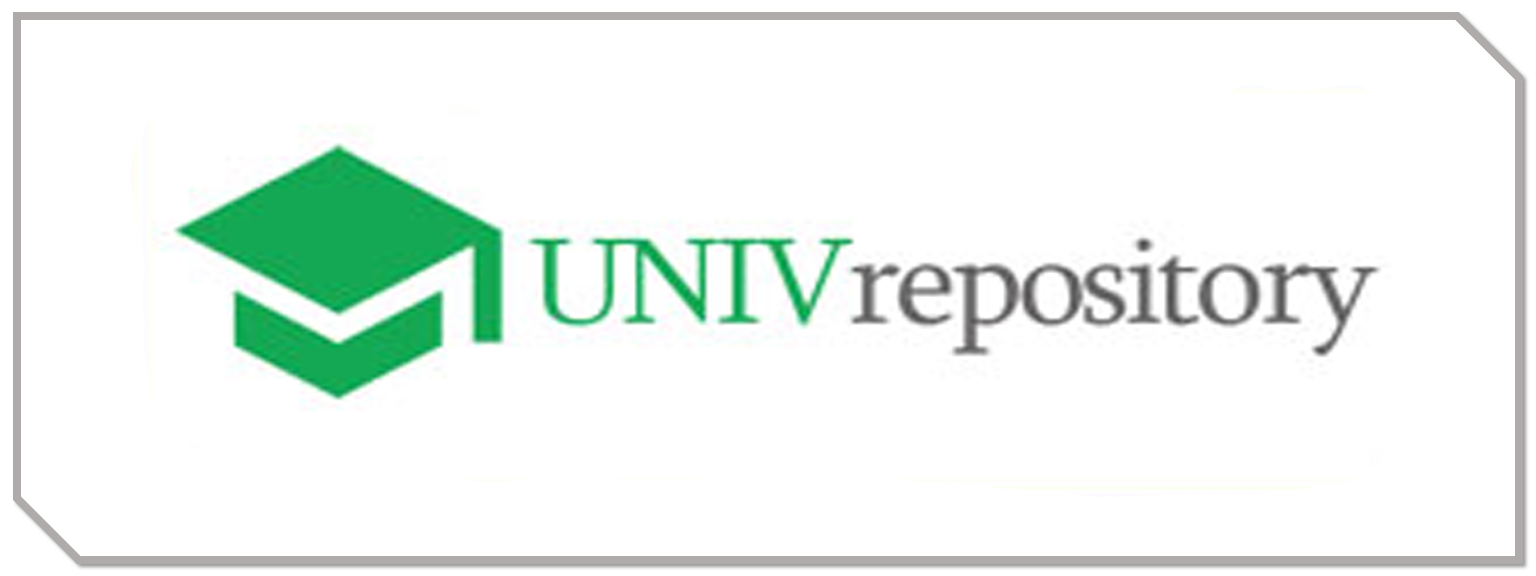Religious Literacy as The Future Direction of Islamic Education and The Basis of Teaching Civic Education in Pesantren
DOI:
https://doi.org/10.70901/jm0m5588Keywords:
Religious Literacy, Islamic Education, Civic Education, PesantrenAbstract
Since religious literacy originated in Western society, it is important to first address its application in America and Europe. The teaching of the Bible in American contexts faces several serious issues, particularly in Texas public schools. These issues include anti-Semitism, sectarianism bias, the authority to interpret the Bible as God's word, understanding Judaism through a Christian lens, the Bible as a science textbook, and the Bible's role as the foundation of America. If Bible education in general continues to confront numerous issues in America, then Indonesia's issue is determining whether religion must be taught in formal education. Practically speaking, religious literacy refers to the capacity to comprehend various religious doctrines and rituals to maintain societal harmony and prevent conflicts stemming from religious differences. The significance of religious literacy and civic education in Islamic education and pesantren will be emphasized in this article. This article employs interdisciplinary methodologies to conduct qualitative research. Participant observation, in-depth interviews, and documentation studies are the approaches used to collect the data. Comparative constant and symbolic interaction are the analysis techniques used. This article concluded that teaching about religion in accordance with the religious literacy idea is far superior to placing a strong emphasis on dogma and indoctrination. The religious education policy determines whether religious literacy instruction is successful. It is necessary to reconstruct and rework the goal and methodology of religious education in the instance of Indonesia.
Downloads
References
Ashraf, M. A. (2019). Exploring the Potential of Religious Literacy in Pakistani Education. Religions,
(7), 429. https://doi.org/10.3390/rel10070429
Asykuri ibn Chamin (Ed.). (2003). Pendidikan kewarganegaraan: Menuju kehidupan yang demokratis dan
berkeadaban = Civic education (Ed. rev). Majelis Pendidikan Tinggi, Penelitian, dan Pengembangan.
Azhar, M. Z. (2021). Pesantren dan Penjagaan Literasi keilmuan. 1.
Azra, A. (2006). Pendidikan Islam Indonesia dan Tantangan Globalisasi: Persepektif Sosio-Historis. In Mencetak Muslim Modern: Peta Pendidikan Islam Indonesia. Raja Grafindo Persada.
Azra, A. (2009). Toleransi Agama Dalam Masyarakat Majemuk: Perspektif Muslim Indonesia.
Merayakan Kebebesan Beragama. Kompas-ICRP.
Blaikie, N. W. H. (2000). Designing social research: The logic of anticipation. Polity Press.
Capacity Building for Madrasah and Pesantren Teachers “You, The Other, and What You Do Together.” (2021).
Carlson, J., & Appleby, R. S. (2001). The Ambivalence of the Sacred: Religion, Violence, and
Reconciliation. Journal of Law and Religion, 16(2), 975. https://doi.org/10.2307/1051762
Casanova, J. (1994). Public religions in the modern world. University of Chicago Press.
Chamberlain-Salaun, J., Mills, J., & Usher, K. (2013). Linking Symbolic Interactionism and
Grounded Theory Methods in a Research Design: From Corbin and Strauss’ Assumptions to Action. SAGE Open, 3(3), 215824401350575. https://doi.org/10.1177/2158244013505757
Corry, Ulung Napitu, Wilson Simanjuntak, & Bakhrul Khair Amal. (2021). Anthropological
Analysis in the Perspective of Ontology, Epistemology and Axiology. Konfrontasi: Jurnal Kultural, Ekonomi Dan Perubahan Sosial, 8(4), 252–264. https://doi.org/10.33258/konfrontasi2.v8i4.162
Dinham, A., & Shaw, M. (2017a). Religious Literacy through Religious Education: The Future of
Teaching and Learning about Religion and Belief. Religions, 8(7), 119.
https://doi.org/10.3390/rel8070119
Dinham, A., & Shaw, M. (2017b). Religious Literacy through Religious Education: The Future of
Teaching and Learning about Religion and Belief. Religions, 8(7), 119.
https://doi.org/10.3390/rel8070119
Fox, N. (n.d.). How to Use Observations in a Research Project.
Fuller, R. (2019). Religion is nonsense. Religion, Brain & Behavior, 9(3), 295–301.
https://doi.org/10.1080/2153599X.2018.1429009
Gibson, T., & Hefner, R. W. (2001). Civil Islam: Muslims and Democratization in Indonesia.
Indonesia, 72, 197. https://doi.org/10.2307/3351487
Hadiwitanto, H. (2021). Religion and Generalised Trust, an Empirical-theological study among university
students in Indonesia. Radbpud Universitet Nijmegen.
Hahn, C., Jorgenson, J., & Leeds-Hurwitz, W. (2011). A Curious Mixture of Passion and Reserve”:
Understanding the Etic/Emic Distinction. Éducation et Didactique, 5–3, 145–154.
https://doi.org/10.4000/educationdidactique.1167
Hannam, P., Biesta, G., Whittle, S., & Aldridge, D. (2020). Religious literacy: A way forward for
religious education? Journal of Beliefs & Values, 41(2), 214–226.
https://doi.org/10.1080/13617672.2020.1736969
Hidayat, K. (2009). Kiai dan Dunia Pesantren. In Mereka Bicara Pendidikan Islam. Rajawali.
Hikam, M. A. S. (1996). Demokrasi dan civil society (Cet. 1). LP3ES.
Idrus, A. (2009). Manajemen pendidikan global: Visi, aksi, dan adaptasi (Cet. 1). GP Press.
Imamah, F. M., & Lee, H. (2024). Bridging the Gap: Exploring Religious Literacy as an Alternative
Approach to Religious Education in Indonesia. Analisa: Journal of Social Science and Religion, 9(1), 1–19. https://doi.org/10.18784/analisa.v9i1.2136
Kaawoan, S., Solong, N. P., Mustain, A. Z., Ainiyah, N., & Nugraha, A. R. (2021). Understanding
the concept of Islamic education for millennial in Indonesia. Linguistics and Culture Review,
(S4), 1426–1438. https://doi.org/10.21744/lingcure.v5nS4.1886
Kosim, M., Muqoddam, F., Mubarok, F., & Laila, N. Q. (2023). The dynamics of Islamic education
policies in Indonesia. Cogent Education, 10(1), 2172930.
https://doi.org/10.1080/2331186X.2023.2172930
Kymlicka, W. (2001). Politics in the vernacular: Nationalism, multiculturalism, and citizenship. Oxford
University Press.
Kymlicka, W., & Norman, W. (2000). Citizenship in Culturally Diverse Societies: Issues, Contexts,
Concepts. In W. Kymlicka & W. Norman (Eds.), Citizenship in Diverse Societies (pp. 1–42).
Oxford University Press. https://doi.org/10.1093/019829770X.003.0001
Lukens-Bull, R. (2019). Pesantren, Madrasa and the Future of Islamic Education in Indonesia.
Kawalu: Journal of Local Culture, 6(1), 29. https://doi.org/10.32678/kawalu.v6i1.2044
Maemonah, M., Zuhri, H., Masturin, M., Syafii, A., & Aziz, H. (2023). Contestation of Islamic
educational institutions in Indonesia: Content analysis on social media. Cogent Education,
(1), 2164019. https://doi.org/10.1080/2331186X.2022.2164019
Moore, D. L. (2007). Overcoming Religious Illiteracy. Palgrave Macmillan US.
https://doi.org/10.1057/9780230607002
Nurpratiwi, S., Effendi, M. R., & Amaliyah, A. (2021). Improving Religious Literacy Through
Islamic Religious Education Course Based On The Flipped Classroom. Istawa : Jurnal
Pendidikan Islam, 6(1), 16. https://doi.org/10.24269/ijpi.v6i1.3107
Paranjpe, D. (2019). TO SCIENCE EDUCATION & RESEARCH.
Pribadi, Y. (2022). Sekolah Islam (Islamic Schools) as Symbols of Indonesia’s Urban Muslim
Identity. TRaNS: Trans -Regional and -National Studies of Southeast Asia, 10(2), 203–218.
https://doi.org/10.1017/trn.2021.15
Ropi, I. (2006). Sekolah Islam untuk Kaum Urban: Pengalaman Jakarta dan Banten. In Mencetak
Muslim Modern: Peta Pendidikan Islam Indonesia. Raja Grafindo Persada.
Ropi, I. (2013). The politics of regulating religion: State, civil society and the quest for religious freedom in modern
Indonesia. xiv, 282 leaves. https://doi.org/10.25911/5D626E4311EDC
Sakaranaho, T., Aarrevaara, T., & Konttori, J. (2020). Introduction: Setting the Stage. In T. Sakaranaho, T. Aarrevaara, & J. Konttori (Eds.), The Challenges of Religious Literacy (pp. 1–8). Springer
International Publishing. https://doi.org/10.1007/978-3-030-47576-5_1
Sofjan, D. (2020). Learning about Religions: An Indonesian Religious Literacy Program as a
Multifaith Site for Mutual Learning. Religions, 11(9), 433.
https://doi.org/10.3390/rel11090433
Tilaar, H. A. R. (2005). Manifesto pendidikan nasional: Tinjauan dari perspektif postmodernisme studi
kultural. Penerbit Buku Kompas.
Umar, U. (2023). Deepening Convictions: Leading for Religious Literacy Based on Pesantren. 10(2).
https://doi.org/10.33650/pjp.v10i2.7012
Van Der Ploeg, P. A. (1998). Minority Rights and Educational Authority. Journal of Philosophy of
Education, 32(2), 177–193. https://doi.org/10.1111/1467-9752.00086
Yusuf, C. F. (2009). Prolog: Pesantren, Demokrasi dan Keindonesiaan. In Pesantren Pendidikan
Kewargaan dan Demokrasi. Penerbit Gaung Persada Press.
Zuhdi, M., & Sarwenda, S. (2020). Recurring Issues in Indonesia’s Islamic Education: The Needs
for Religious Literacy. Analisa: Journal of Social Science and Religion, 5(01), 1–13.
Downloads
Published
Issue
Section
License
Copyright (c) 2024 Usman

This work is licensed under a Creative Commons Attribution 4.0 International License.









